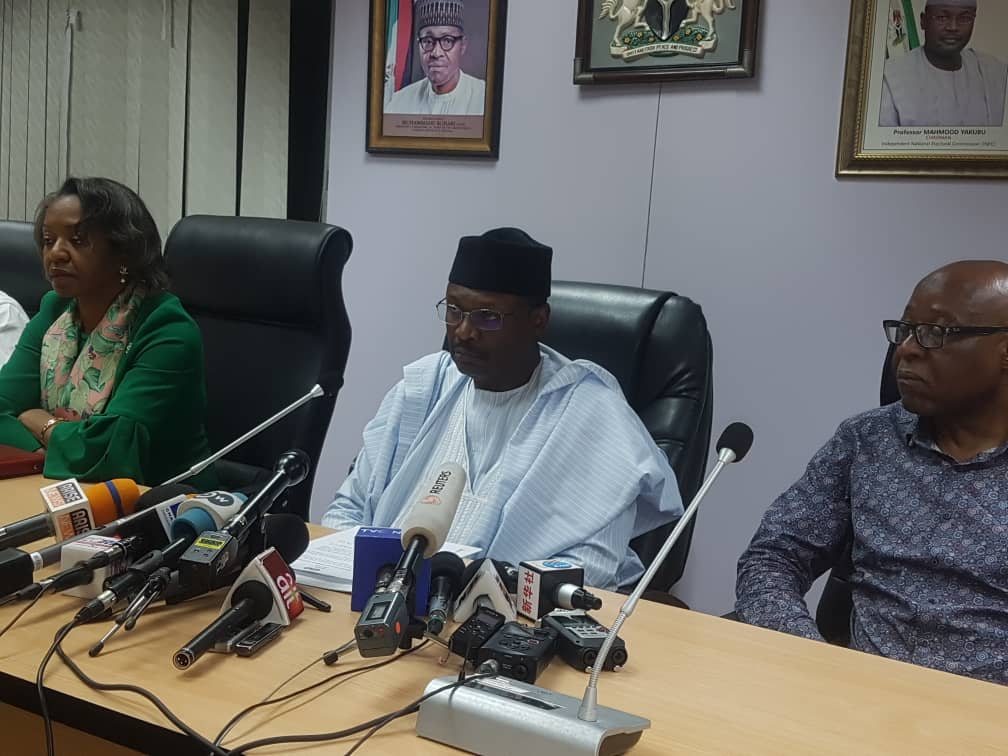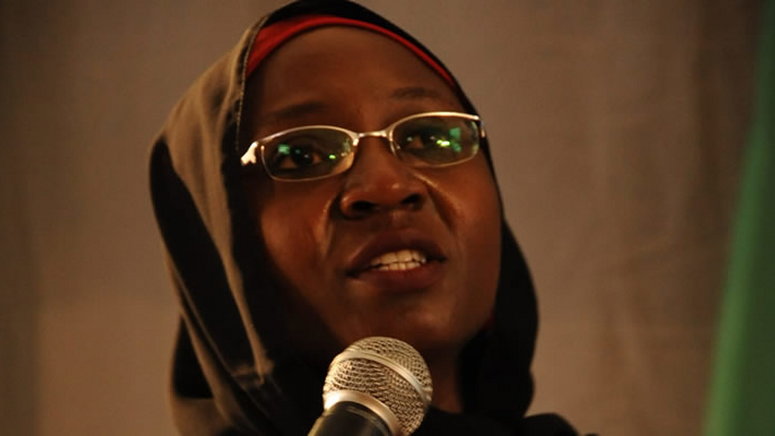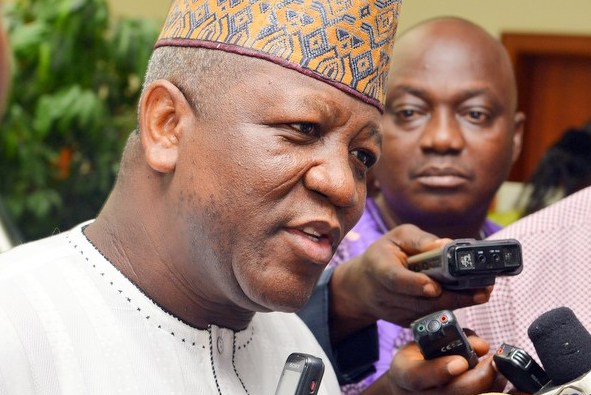BY MOSHOOD ISAH
The deregistration of not less than 74 political parties by the Independent National Electoral Commission may not have gone down well with some stakeholders especially those political parties that fell by the side in what can be described as massive retrenchment of political parties but overall it seems to be an action in the right direction. After a comprehensive review of the 2019 general elections, the commission revealed it had no choice but to register those political parties because they breached the requirement for registration of political parties under section 225 of the Nigerian constitution.
None of the 74 parties won at least 25% of the votes cast in one state of the federation during the 2019 presidential election neither could they win a single local government in a state during the Governorship elections. This basically means the Presidential candidates in all those 74 political parties (if indeed they all have presidential candidates) could not even secure a quarter of the votes in their own states. Similarly, governorship candidates in those deregistered parties could not deliver at least a local government area during election, not even the local Government Area or the ward they came from. One can be bold enough to say that many of these candidates could not even deliver their own polling units for themselves during the 2019 elections. Thus, there is also no gainsaying that these parties could not secure either a state assembly seat,chairmanship or councillorship position in the cause of their existence.
Although the Inter-Party Advisory Council (IPAC) asked the electoral umpire to rescind its decision to deregister the parties due to pending court action instituted by 33 political parties but then filing a matter in court alone without restraining order could not have restricted the commission’s decision. To be frank, these amongst many other reasons are indeed enough ground dispatch any association that seem to be taking space in not just the ballot paper but time and logistics in the entire electoral process. Among those that lauded this decision include chairman of the Senate Committee on INEC, Kabiru Gaya (APC-Kano), who said the development would make life easier for Nigerians during elections. He said the target of his panel was to further,trim down the number of political parties in the country to a reasonable figure of either five or eight.
Advertisement
As a matter of fact,the majority of these political parties didn’t play any major role in enhancing competitiveness of the electoral process. Instead most of them are mere platforms waiting to adopt grieving candidates or endorse a popular candidate.This development not only provides opportunity for citizens to build a stronger political movement but also provides opportunity for those affected to team up and build a formidable party.
Beyond deregistration of irrelevant political parties which is no doubt a huge step in sanitizing the ballot paper, electoral logistics and ultimately plans for elections, the callfor electoral reform should now lead the fore ahead of upcoming off-circle elections in the country. Thus, constituting of a 56-man Steering and Constitution Review Committee may not have come at a better time.
Tops among the list of issues calling for constitutional review is the electoral act begging for assent even before the 2019 General elections. The challenges of the just concluded Kogi and Bayelsa elections will provide the committee an opportunity to revisit the electoral act to infuse critical issues like the legalization of the use of card reader as the only means of accreditation and electronic transmission of results amongst other critical issues.
Advertisement
While the number of political parties may be considered a sizeable, the lack of internal democracy within the major political parties remains a major conundrum to candidate nomination and selection process. Similarly, the fact that our elections has recently become a subject of litigation means electoral justice delivery should be core in electoral reform. Recent controversial supreme court judgement has again raised more questions than answers with regards to electoral justice delivery and again reignited more reasons why the judiciary should not be the ultimate electoral umpire.
Other issues around electronic transmission with manual process as a back up, trust in the judiciary to deliver electoral justice are key issues to electoral reform with citizens participation remains the most fundamental aspect that legitimize the entire process. The fact that Nigeria is finding it hard to hit the 50% voter turnout mark for elections is not only worrisome but a huge threat to electoral democracy. This further depicts that citizens are either losing confidence in the electoral process or the entire democratic system. There is need to invest and build citizens consciousness to inspire citizens political participation especially in the electoral process, so that only the vote of Nigerians will determine who holds the position of authority. With this, citizens can be assured that they have the power to vote out or even recall representatives that are not delivering dividends of democracy.
Isah, the media officer of Yiaga Africa, tweets @moshoodpm
Advertisement
Views expressed by contributors are strictly personal and not of TheCable.
Add a comment






